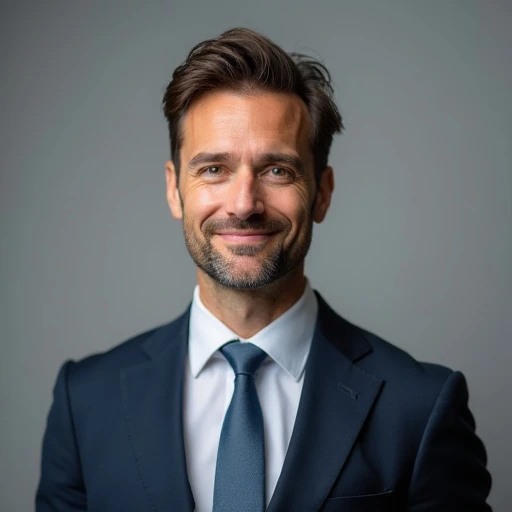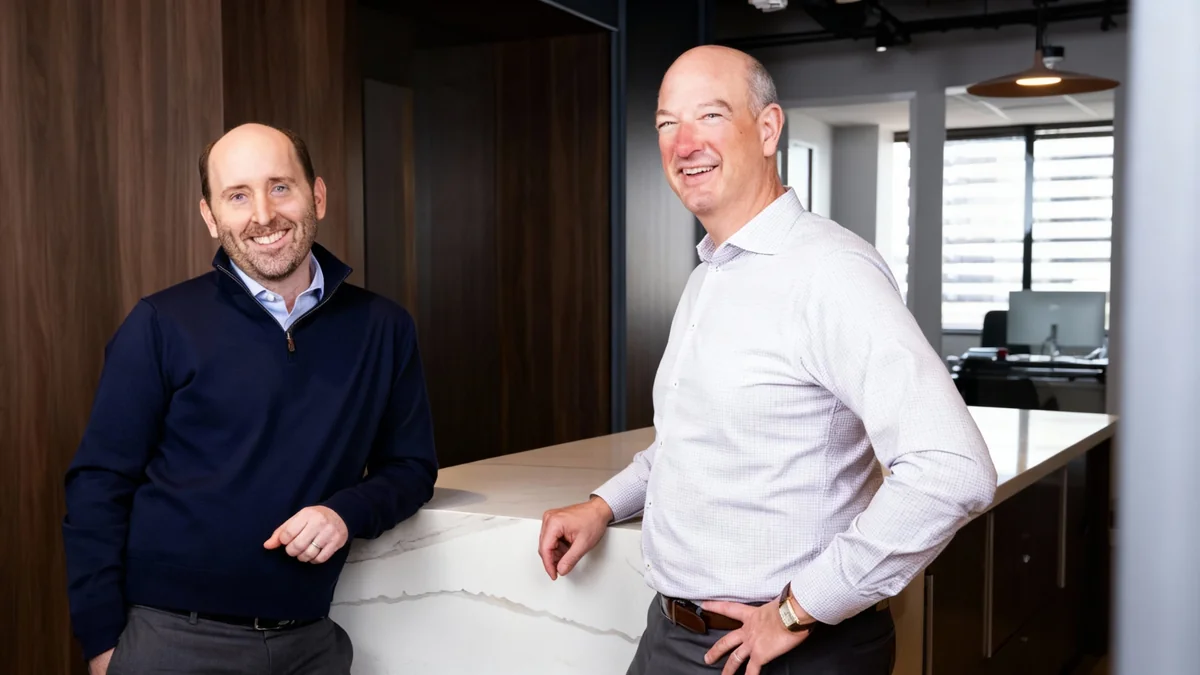Declaration Partners, an investment firm with backing from Carlyle Group co-founder David Rubenstein, has successfully raised $303 million for its second real estate fund. The capital is designated for investment in the U.S. property market, focusing on sectors such as multifamily housing and industrial assets.
The New York-based firm announced that it has already committed more than half of the new fund's capital. This move signals a strategic push to acquire properties as the commercial real estate market shows signs of stabilization following a period of uncertainty driven by interest rate adjustments.
Key Takeaways
- Declaration Partners secured $303 million for its second U.S. real estate fund.
- The fund will target multifamily, industrial, and affordable housing properties.
- Over 50% of the capital is already committed to projects in Dallas, New York, and Los Angeles.
- The strategy focuses on assets that are often overlooked by larger institutional investors.
Capitalizing on Market Shifts
The new fund represents a significant increase from the firm's debut real estate vehicle, which closed in 2022 after raising $240 million. Declaration Partners has already returned more than half of the capital from that first fund to its investors, establishing a track record of performance.
Todd Rich, a co-founder and the head of real estate at Declaration, noted the current pace of activity. "We have been quite busy from an acquisitions perspective," he stated, while also emphasizing a disciplined approach: "we’re never in a rush to invest."
This strategy appears timed to leverage a market in transition. While investment sales have shown recent growth, overall activity remains below historical averages, creating specific opportunities for well-capitalized firms.
Market Snapshot
According to data from brokerage firm Newmark Group Inc., investment sales in commercial property grew by 16% in the first half of 2025 compared to the same period last year. However, activity is still down 16% from the 2017-2019 average.
A Strategy of Niche Opportunities
Declaration's investment thesis centers on identifying assets that may not attract the attention of larger financial institutions. This allows the firm to find value in a competitive landscape.
Matthew Cohen, a partner at Declaration, explained the firm's focus.
"We are finding that there’s a great opportunity to invest in assets that are below the radar of the largest institutional players," Cohen said.
This approach has already led to several joint-venture deals financed by the new fund, including:
- A luxury apartment community in Dallas
- An industrial development project in New York
- An affordable housing project in Los Angeles
These initial investments demonstrate the fund's diverse focus across key property sectors and geographic markets. "We’re very excited about the near-term pipeline and anticipate it’ll be a very busy end of the year," Cohen added.
Firm's Background and Growth
Declaration Partners was established in 2017 with a foundational investment from the family office of David Rubenstein, a prominent figure in the private equity world with a net worth of $6.3 billion. Initially, the firm primarily managed the billionaire's capital before expanding to include other wealthy individuals and family offices.
Who is David Rubenstein?
David Rubenstein, 76, is the co-founder of The Carlyle Group, one of the world's largest alternative asset management firms. A former White House staffer, he has become a leading figure in global finance and philanthropy. His backing provides significant credibility and financial strength to Declaration Partners.
The firm now manages approximately $2.2 billion in assets across direct private investments, stakes in other asset managers, and its real estate division. The real estate unit, led by Rich, a former executive at JBG Smith Properties, comprises about a quarter of the firm's 40-person team.
Rich sees a compelling environment for continued investment. "We have seen a need for capital and less competition to provide that capital and therefore some pretty compelling investment opportunities," he explained. "My instinct is that we will continue to see things that are very compelling and, if that’s the case, then we’ll keep investing."





